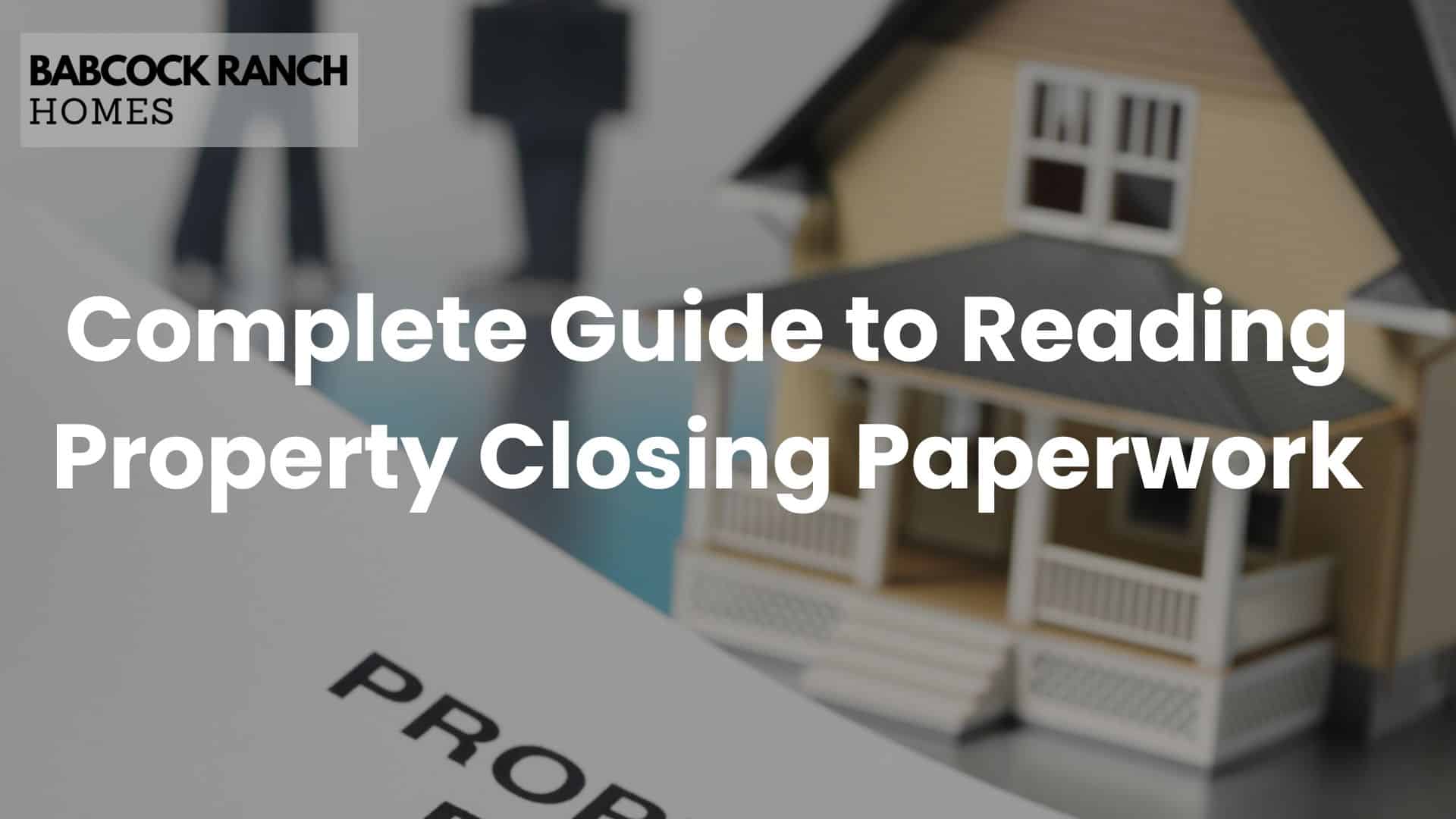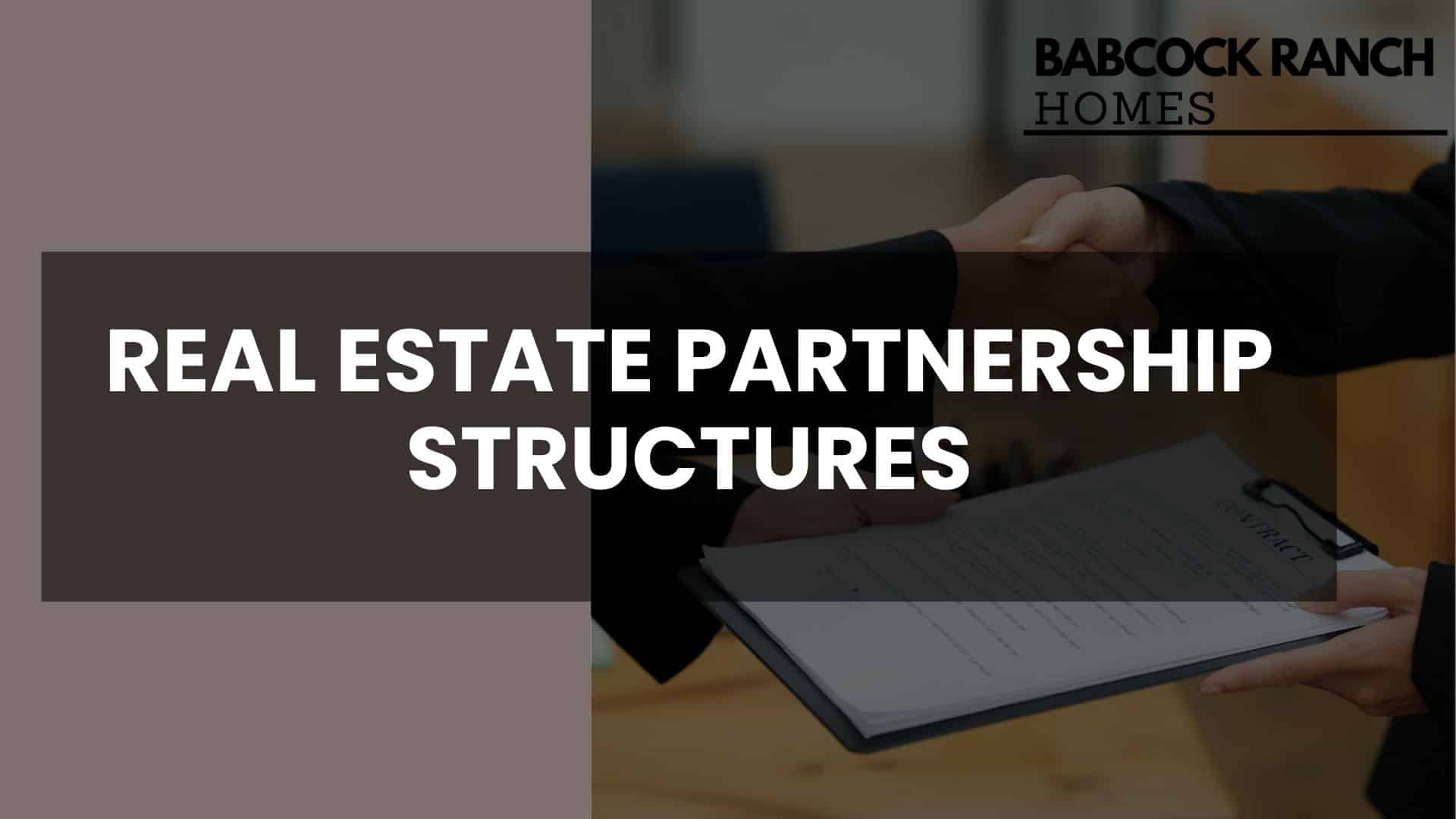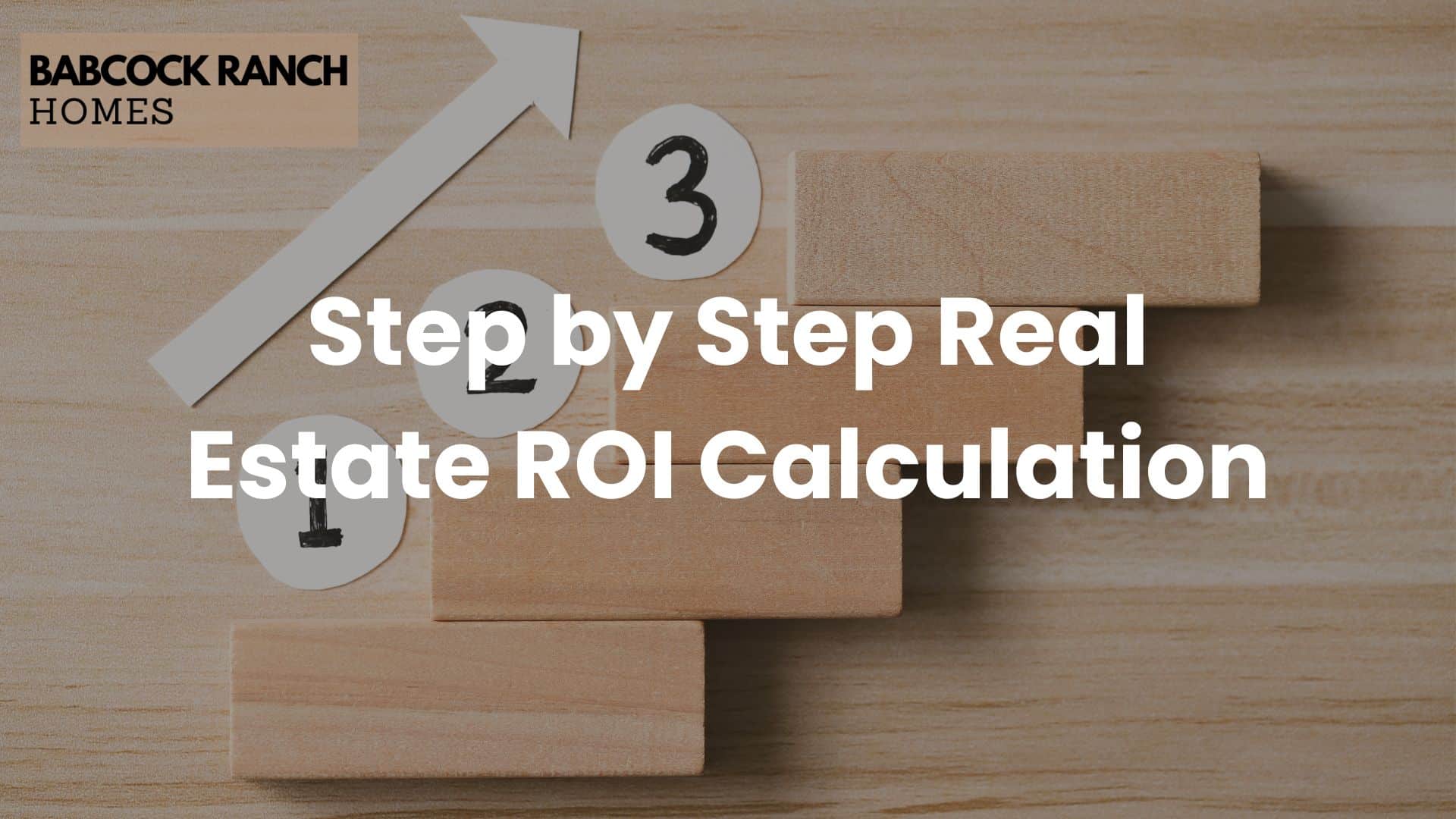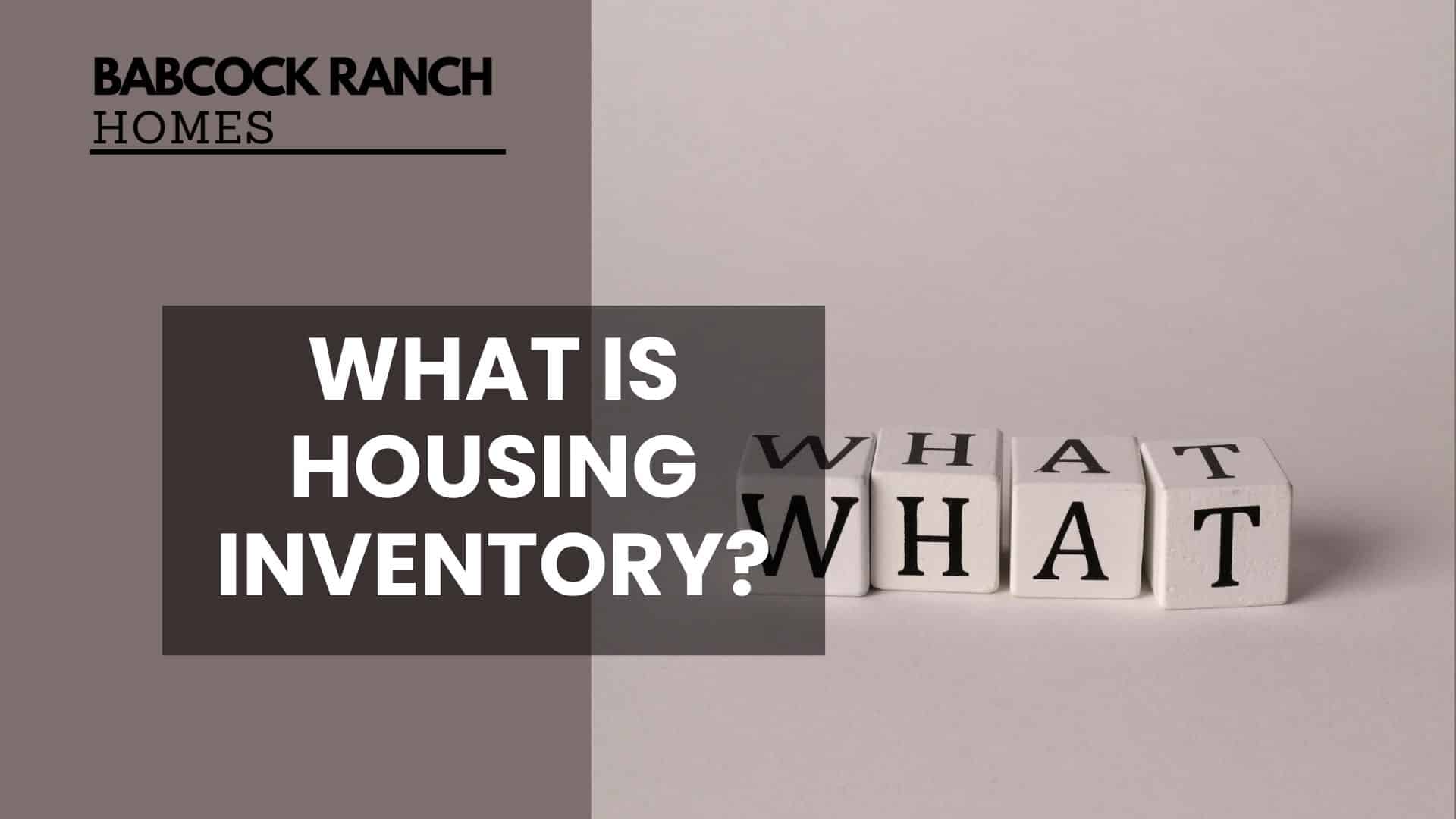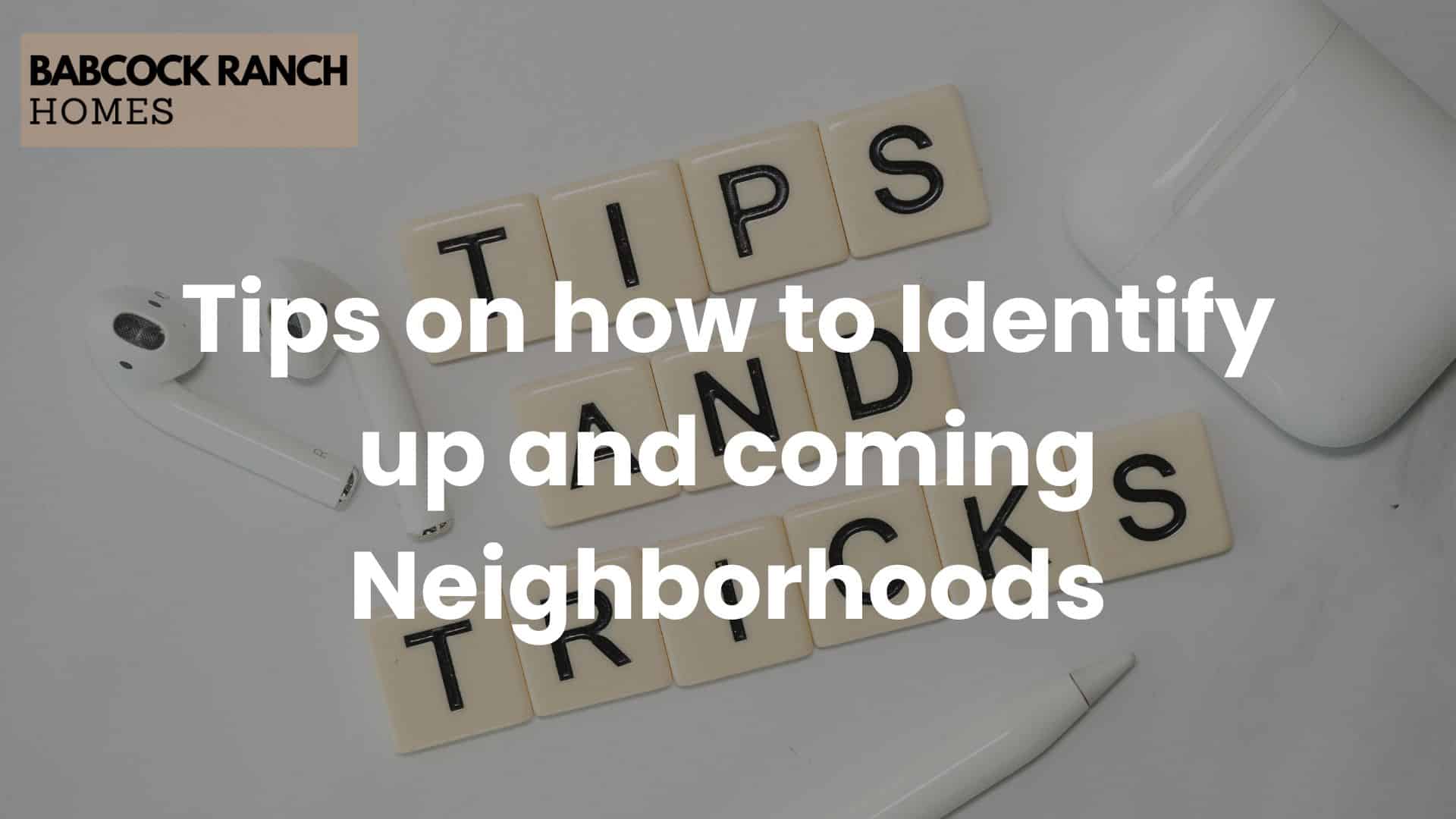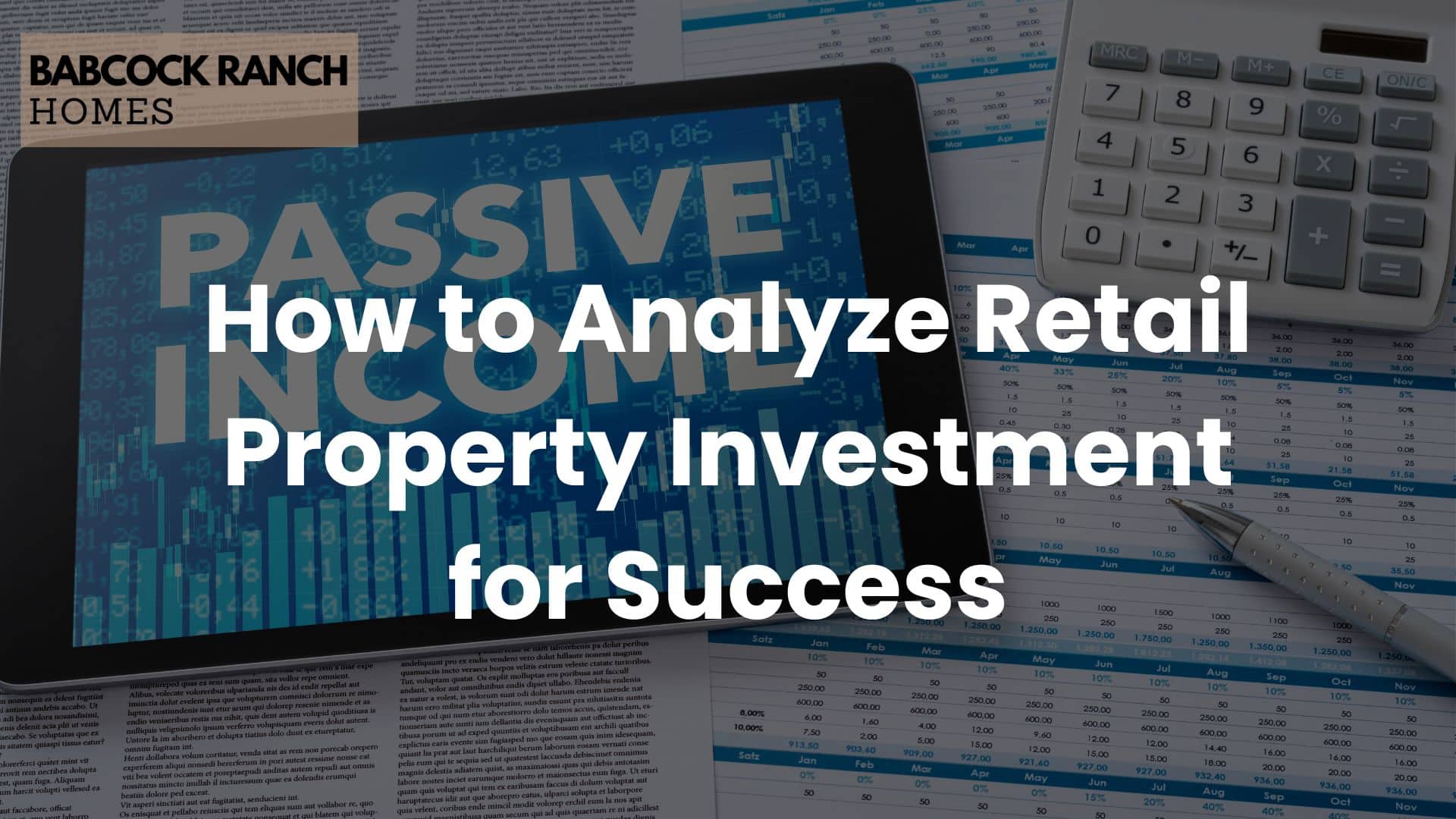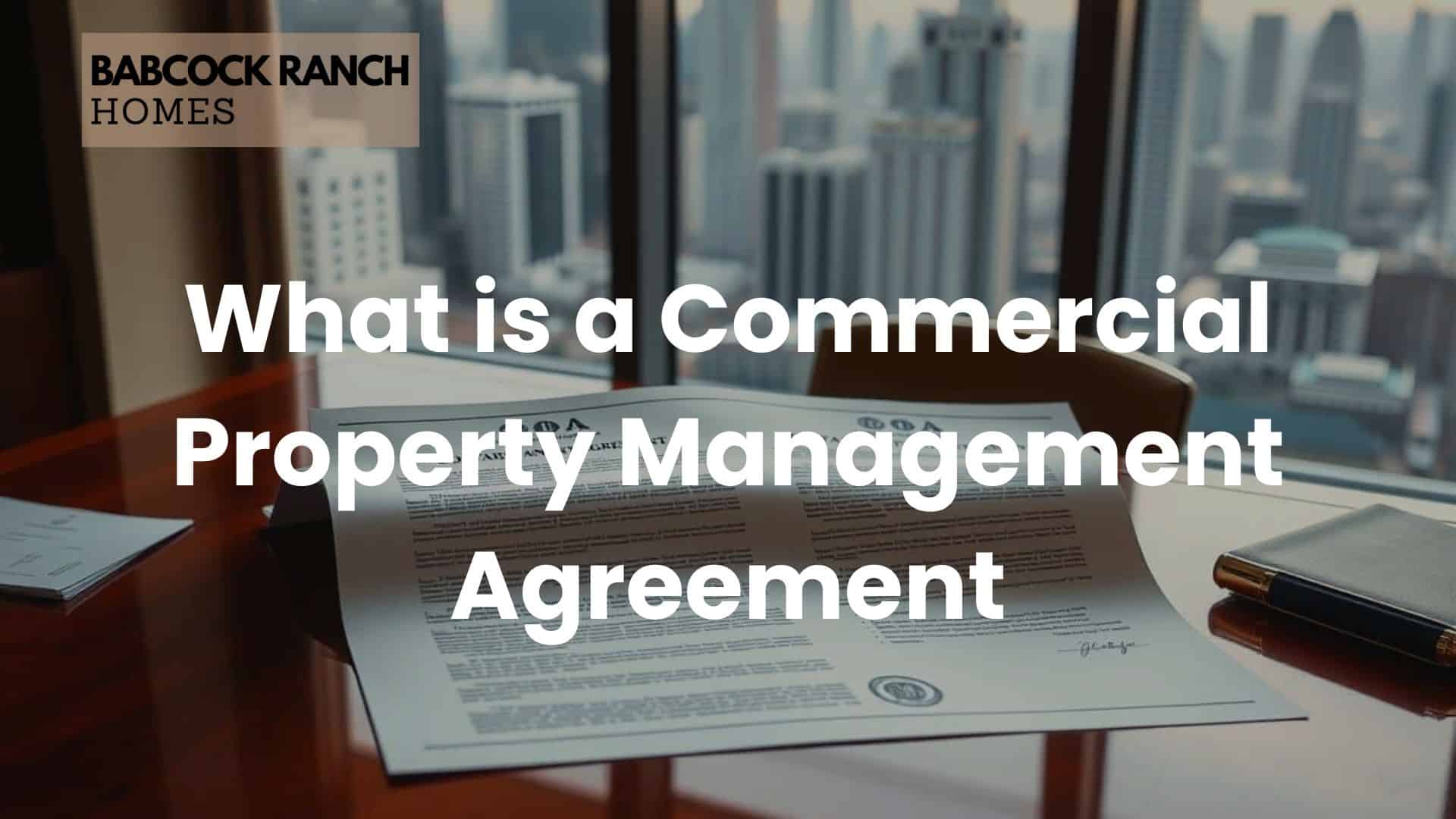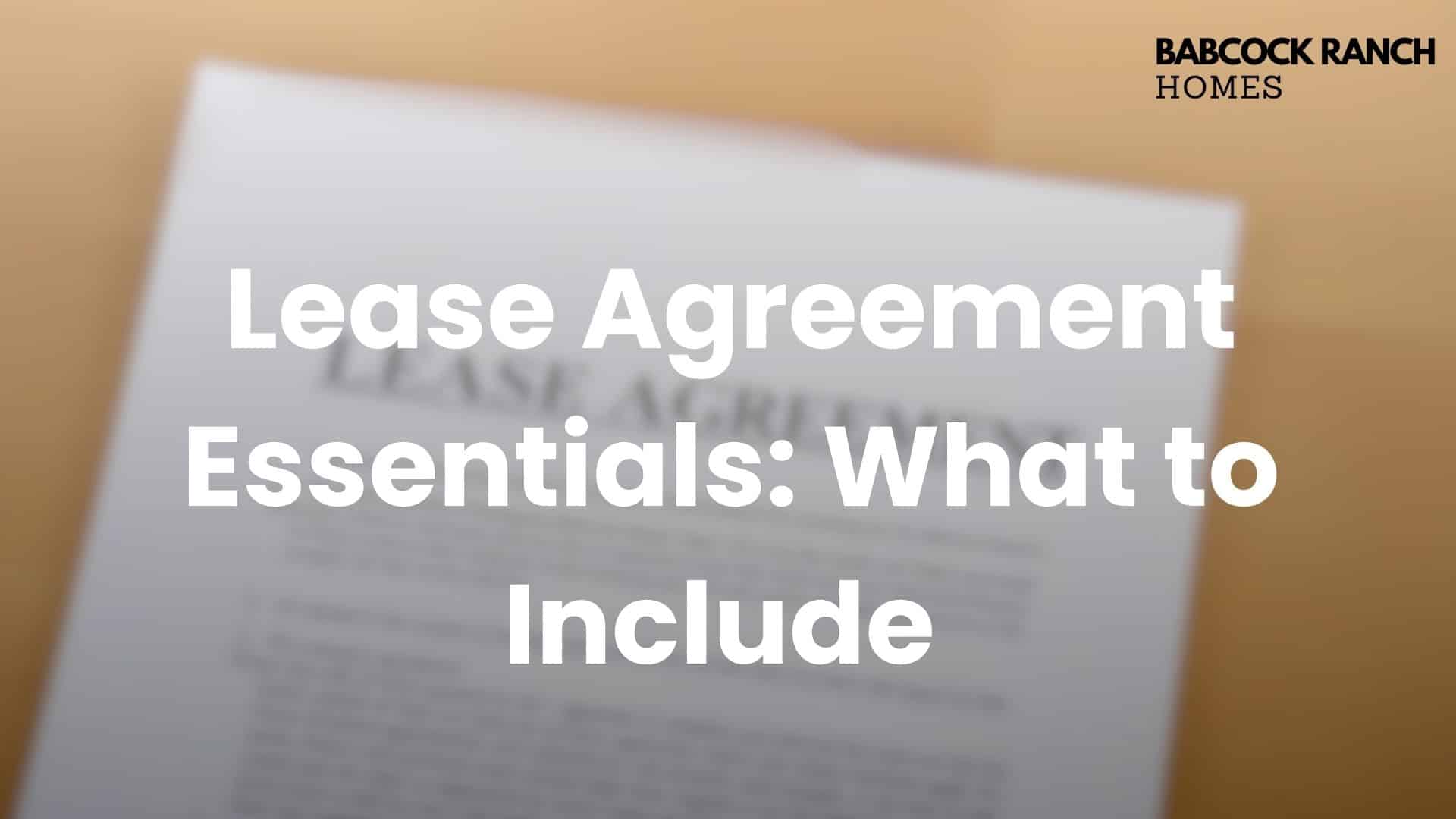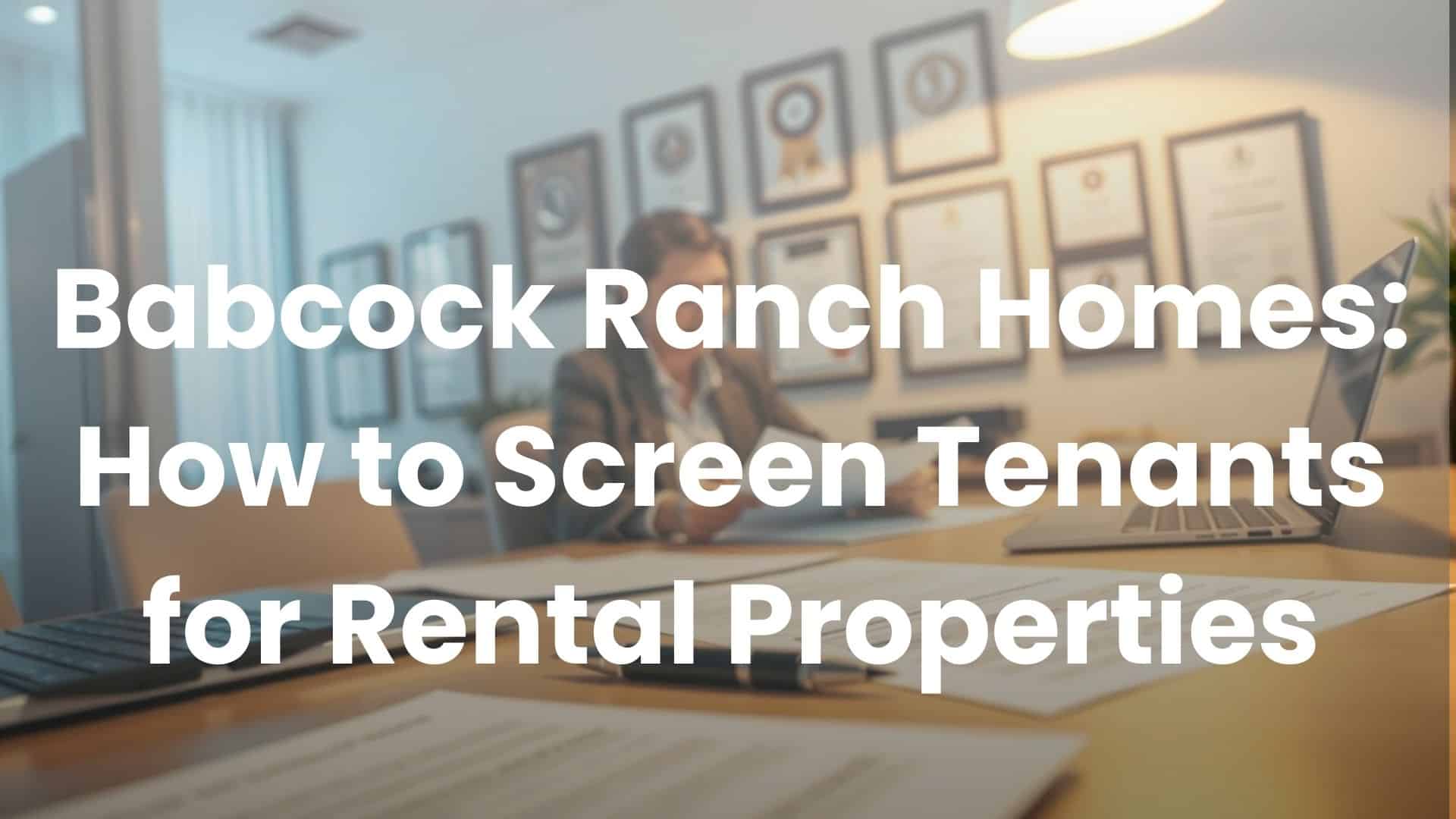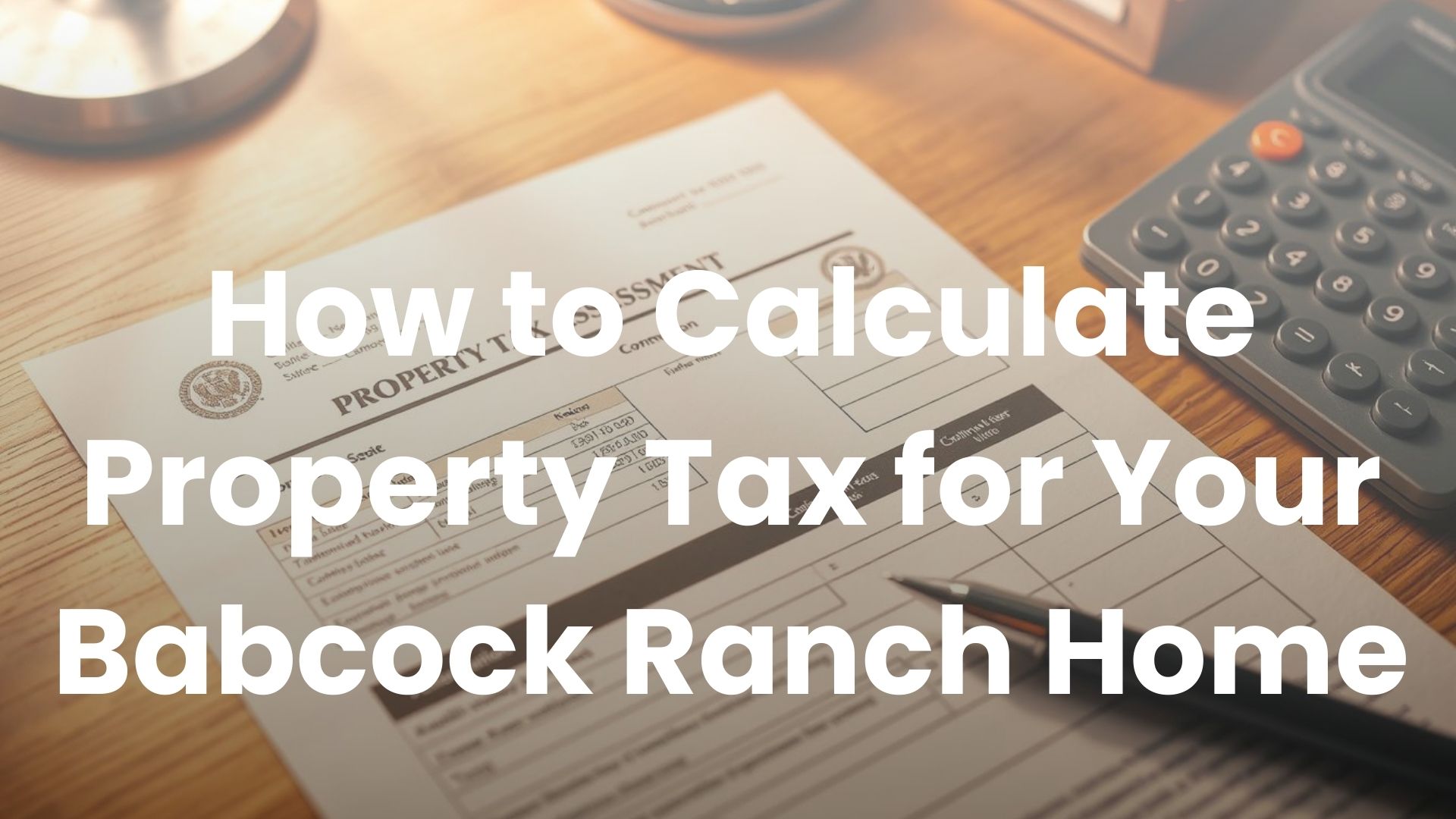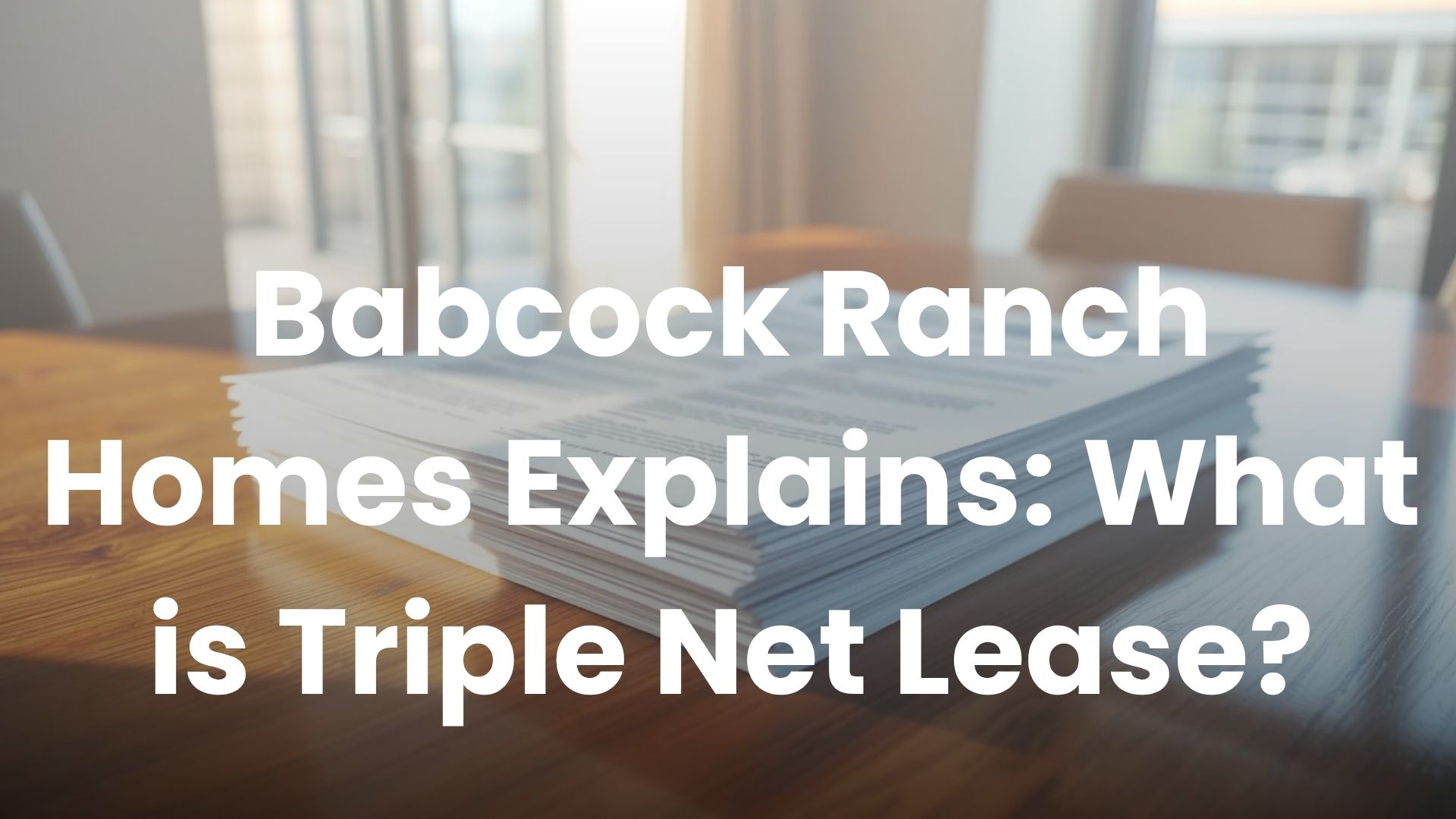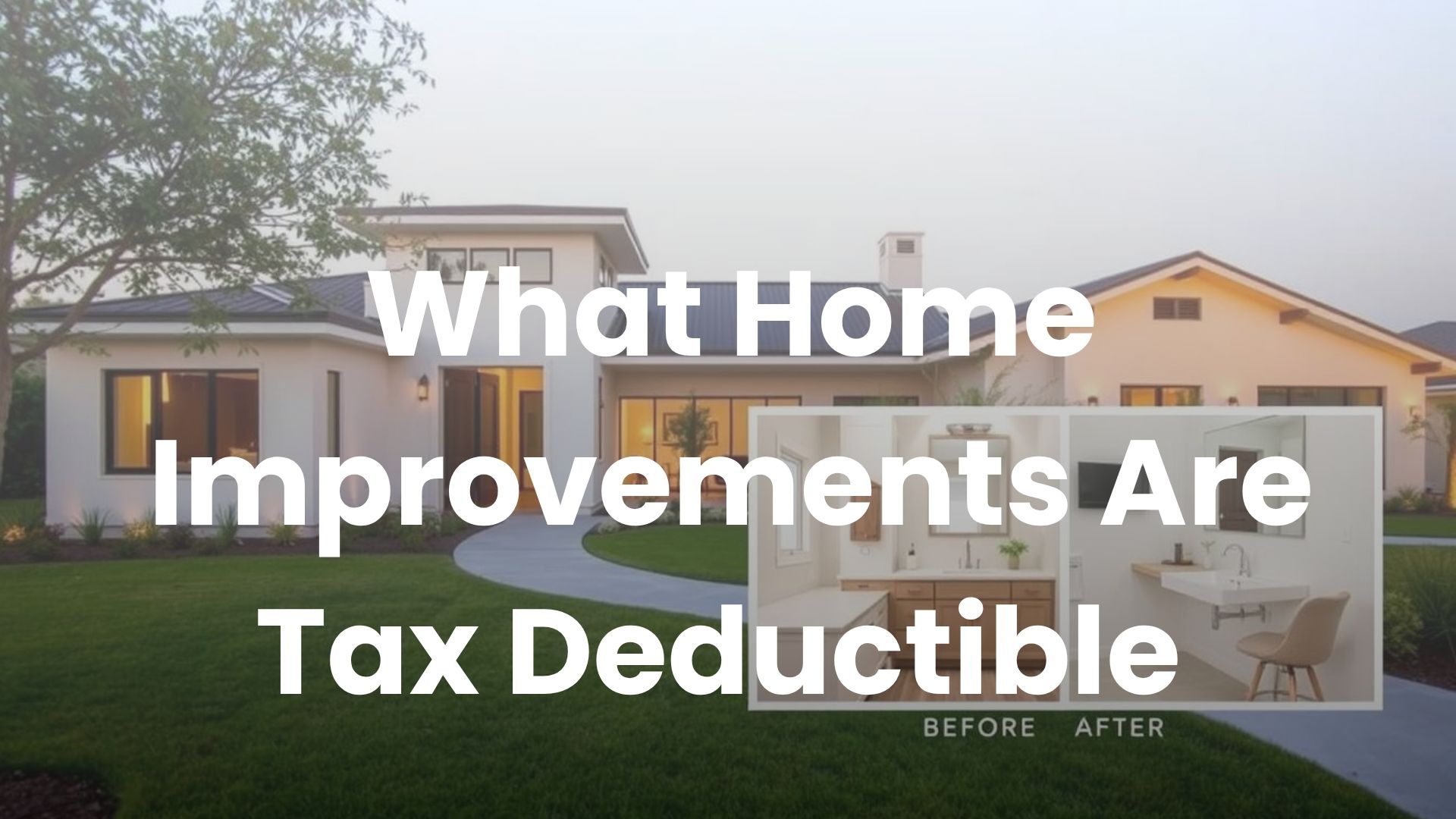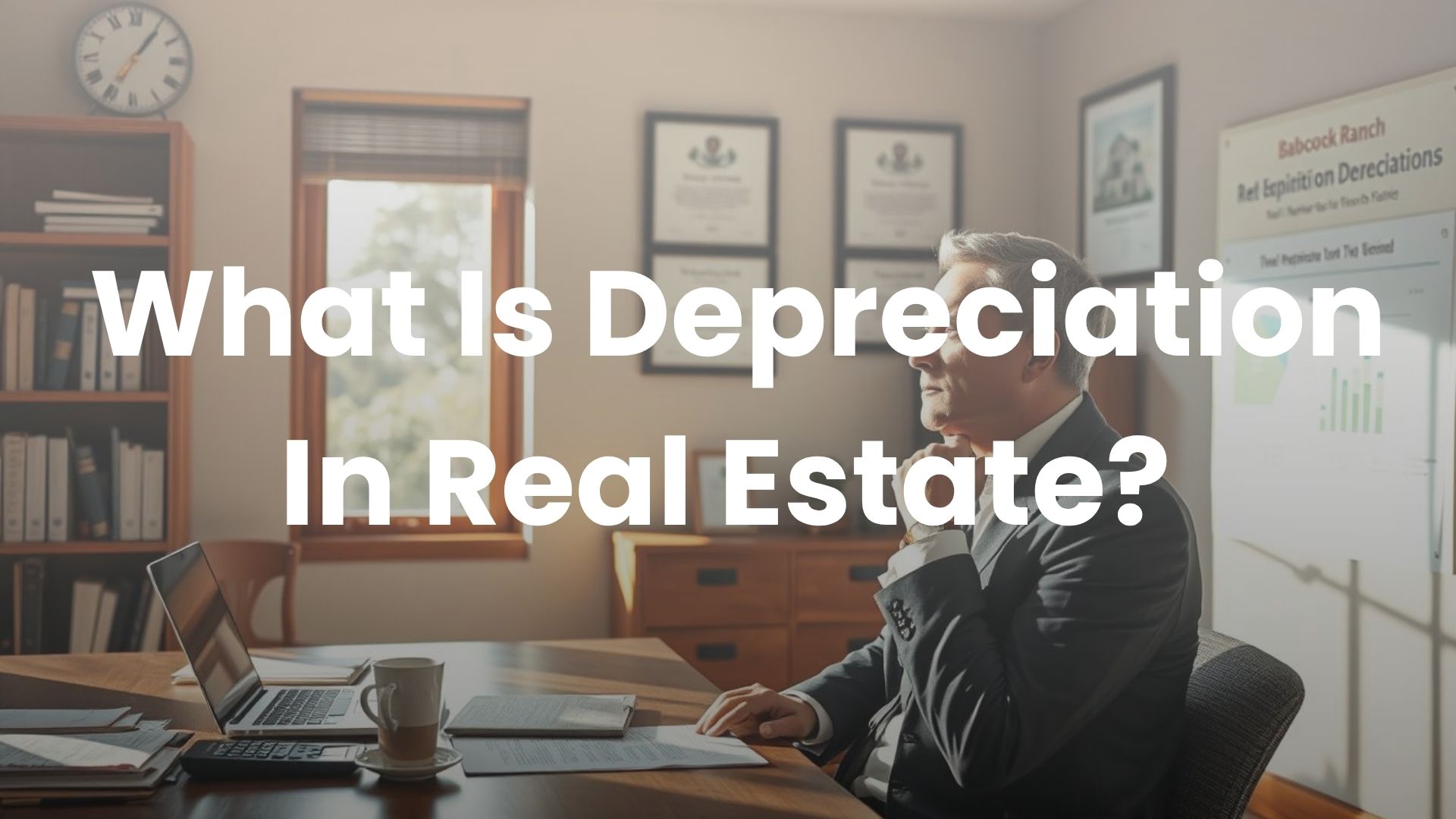Exploring foreclosure listings can be tough, but with the right info, you can find great deals. At Babcock Ranch Homes, we help buyers navigate the foreclosed home market. We teach you how to buy a foreclosed home wisely and effectively.
The foreclosure market is full of investment chances across the U.S. About 1 in 10 homes sold are foreclosures. This means buyers can save 20% to 30% compared to market prices.
Buying a foreclosure needs careful research and planning. Our detailed guide will show you how to buy a foreclosed home. We’ll help you avoid risks and succeed in your purchase.
Key Takeaways
- Foreclosure markets offer significant property discounts
- Thorough research is key before buying
- Financing options vary for foreclosed properties
- State laws greatly affect foreclosure processes
- Professional advice can make the process easier
- Be ready for repair and renovation costs
Ready to check out foreclosure deals? Call Babcock Ranch Homes at 518-569-7173. Get expert advice on buying foreclosed properties.
Understanding Foreclosure Properties: A Comprehensive Overview

Exploring distressed real estate means knowing about foreclosure properties. The real estate world is complex. It has many ways for properties to end up in foreclosure. This knowledge can lead to great opportunities for investors and homebuyers.
Different Types of Foreclosed Properties
Foreclosure properties vary, each with its own traits:
- Pre-foreclosure: Homes where owners are late on payments but haven’t lost the property yet
- Short sales: Deals where lenders accept less than what’s owed on the mortgage
- Bank-owned properties (REO): Properties owned by banks after foreclosure
- Sheriff’s sale auctions: Public sales of properties seized for unpaid debts
Why Properties Enter Foreclosure
Many reasons lead to foreclosure:
- Big financial troubles
- Job loss or income drop
- Unexpected medical bills
- Economic downturns
- Rate hikes on adjustable-rate mortgages
“Foreclosure is not just a financial event, but a complex human story of economic challenges.” – Real Estate Expert
Current Market Trends in Foreclosure Sales
In 2024, the foreclosure market is showing some trends. Over 320,000 foreclosure filings were recorded across the country. This shows a lively market for bank-owned properties. Even though it’s lower than before the pandemic, there are chances for smart buyers.
Cash deals are common in REO sales. Investors often buy at big discounts. Initial bids can be 20% below market value, opening doors for savvy buyers.
Benefits and Risks of Purchasing Foreclosed Homes
Buying REO properties is a great chance for investors and homebuyers to find affordable homes. The foreclosure market lets you buy properties for less than their worth. But, it’s important to know the market well to make a smart buy.
Here are some benefits of buying foreclosed homes:
- Substantial price discounts (typically 15% below market value)
- Potential for rapid equity building
- Opportunities for property renovation and value appreciation
- Attractive entry point for first-time investors
But, there are also risks to consider. These challenges can significantly impact your investment strategy.
- Properties often sold in “as-is” condition
- Potential hidden repair costs
- Complex purchasing processes
- Competitive bidding environments
The Department of Housing and Urban Development (HUD) says foreclosed homes are great for investors. Cash buyers often have an edge, as some properties sell fast in competitive markets.
Strategic research and thorough property evaluation are essential for successful foreclosure investments.
Money matters a lot. Closing costs can be 2% to 5% of the property’s price. Buyers should also plan for renovation costs. Getting a home inspection from groups like the American Society of Home Inspectors can help avoid surprise repair bills.
How to Buy a Foreclosed Home: Step-by-Step Process
Buying a foreclosed home needs a smart plan. It’s a chance for those who want to invest wisely. They must be ready to do their homework.
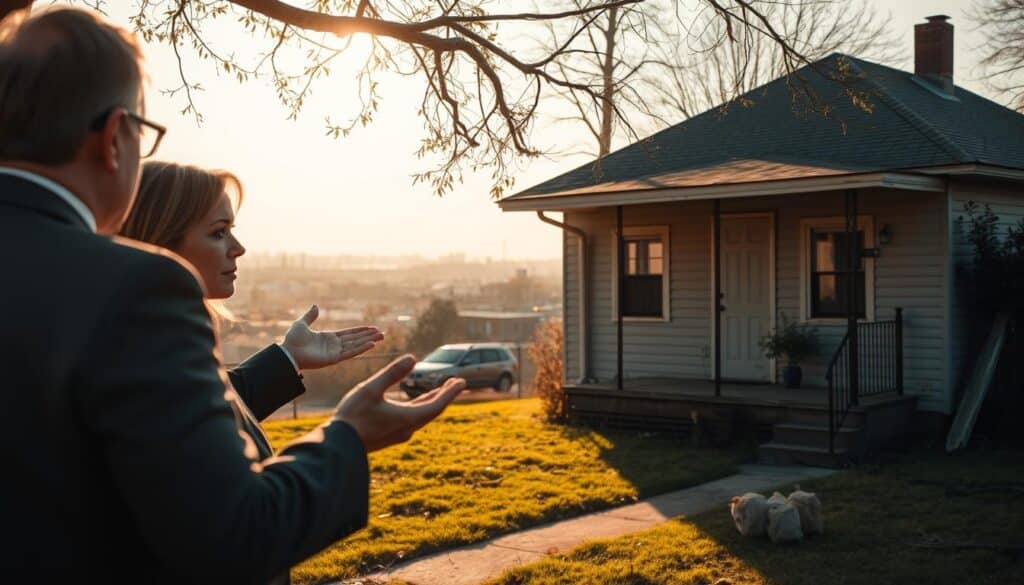
To buy a foreclosed home, knowing the steps is key. It’s a journey of planning and making smart choices. This way, you can make the most of your investment.
Research and Market Analysis
Starting with good market research is essential. Buyers should:
- Analyze local real estate trends
- Identify where foreclosures are common
- Compare property values in different areas
- Keep track of foreclosure rates and chances
Financial Preparation
Being financially ready is vital for foreclosed properties. Important steps include:
- Get pre-approved for a mortgage
- Plan a budget for repairs
- Save for unexpected costs
- Know how much you can invest
Foreclosed homes can save you a lot, with prices 10-30% lower than market value.
Working with Real Estate Professionals
Working with experts can make buying easier. Specialized real estate agents know the foreclosure market well. They can help you:
- Understand the buying process
- Find good properties
- Deal with banks
- Know the legal side
By following these steps, buyers can feel confident in their foreclosure purchases. They can also reduce risks in their investment journey.
Finding Foreclosed Properties for Sale
Looking for foreclosed properties means using smart search tactics and many resources. Investors and buyers can find REO properties through different ways. Each way offers special chances to find real estate at lower prices.
Here are some main places to find foreclosed properties:
- Online real estate sites focused on foreclosures
- Bank websites with REO property lists
- Government auction sites
- Local county recorder’s offices
- Real estate agents who know about foreclosures
Some cities with lots of foreclosure chances include Las Vegas, Houston, Miami, Sacramento, and Atlanta. These places can be great for buyers who do their homework.
Here are tips for finding foreclosure listings:
- Sign up for alerts on real estate websites
- Connect with local real estate pros
- Check out many sources often
- Compare prices on different sites
- Know the local market well
Websites like Zillow, Realtor.com, and sites focused on foreclosures have big databases of REO properties. They give detailed info on possible investments. This helps buyers make smart choices.
Success in finding foreclosure properties comes from being patient, doing thorough research, and having a smart plan to find the best deals.
Types of Foreclosure Sales Explained
Understanding foreclosure sales is key to finding good deals on real estate. Each type offers unique chances for those looking to invest in properties.

Foreclosure sales come in many forms, each with its own benefits and challenges. Buyers and investors can choose the best way to buy distressed properties.
Pre-foreclosure Properties
Pre-foreclosure homes are in the early stages of foreclosure. They are listed in courthouse buildings before the foreclosure process starts. Key points include:
- Homeowners are in default but can sell before foreclosure
- Buyers can negotiate directly with the owners
- Chance to buy before the bank gets involved
Short Sales Process
Short sales happen when a home’s value is less than the mortgage. These sales are often listed as “pending bank approval”. Key features are:
- Lender must agree to sell for less than the mortgage
- Lower prices are possible
- Negotiating with lenders can be complex
Bank-owned (REO) Properties
Bank-owned properties, or REOs, are homes after foreclosure. They are owned by the bank. REOs have several benefits:
- Clearer titles and fewer legal issues
- Potential for good prices
- Buying process is simpler than other types
Knowing about these foreclosure types helps buyers make smart choices in the distressed property market.
Financial Options for Foreclosure Purchases
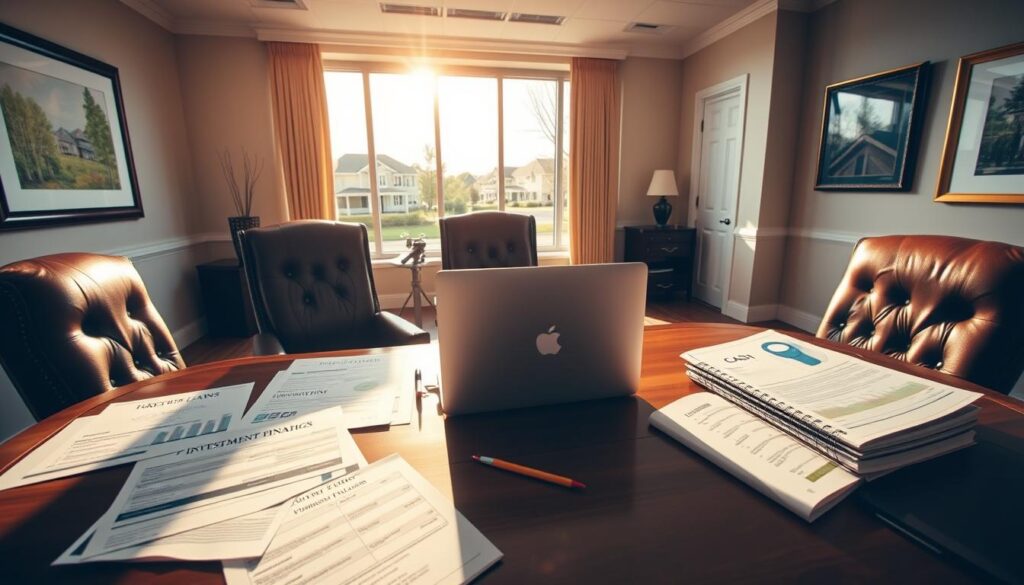
Buying investment properties, like fixer-uppers, needs careful planning. Foreclosed homes offer great chances for investors and buyers. They can explore different financing ways.
There are many financing options for buying foreclosed properties:
- FHA 203(k) Renovation Loans
- Freddie Mac HomeSteps Program
- Fannie Mae HomePath ReadyBuyer Program
- CHOICERenovation® Mortgage
Those looking at fixer-uppers should know the details of each financing option. Government-backed loans often have better terms for distressed properties.
| Loan Program | Key Features | Ideal For |
|---|---|---|
| FHA 203(k) | Financing for purchase and renovation | Buyers needing extensive repairs |
| Freddie Mac HomeSteps | Low down payment options | First-time homebuyers |
| VA Renovation Loan | Zero down payment for veterans | Military service members |
Pro tip: Keep a good credit score to get better loan terms when buying investment properties.
Before buying, think about your finances. Consider the purchase price and renovation costs. Doing your homework and getting advice can make the process easier.
Government Programs and Assistance for Buyers
Buying a foreclosed home can be tough, but government help is available. These programs offer financial aid for those wanting to buy fixer-uppers and distressed properties.
The federal government has set up several programs to help buyers. These programs aim to make it easier and cheaper for people to own homes.
FHA 203(k) Loan Program
The Federal Housing Administration’s 203(k) loan is for those who want fixer-uppers. It lets buyers:
- Purchase a foreclosed property
- Finance renovation costs in one loan
- Get good interest rates
- Qualify with lower credit scores
VA Loan Options
Veterans and active-duty service members get special help. The VA loan program offers:
- Zero down payment
- Competitive interest rates
- No private mortgage insurance
- Flexible credit requirements
USDA Rural Development Programs
For those looking at rural properties, the USDA has special loans. These programs provide:
- Low-interest loans for rural properties
- Potential zero down payment
- Help for lower-income buyers
- Renovation financing
Tip: Always check current program requirements and eligibility criteria, as guidelines can change periodically.
Understanding the Auction Process
Foreclosure auctions are key for buying distressed real estate at lower prices. These events turn properties with missed mortgage payments into chances for smart buyers.
There are two main ways to buy foreclosed properties:
- Live courthouse auctions
- Online foreclosure auction platforms
Those who buy at foreclosure auctions need to know the special rules. Properties are sold as-is, so buyers must do their homework and be ready financially.
Important things to think about when buying at an auction include:
- Need to pay right away
- Must use cash or certified funds
- Can’t inspect the property much
- May face legal surprises
To do well at auctions, you need to do your homework. Buyers should be ready for risks like extra repair costs and title problems.
| Auction Type | Payment Method | Average Discount |
|---|---|---|
| Live Courthouse Auction | Cash/Cashier’s Check | 15-25% |
| Online Auction | Online Payment | 10-20% |
About 20% of foreclosures are sold at auctions. This offers special chances for buyers who are ready to handle complex deals.
Evaluating Property Condition and Hidden Costs
Exploring fixer-uppers and distressed real estate needs a sharp eye and a smart plan. Foreclosed homes come with their own set of challenges. Knowing the hidden costs can make all the difference between a good deal and a bad one.

When looking at distressed real estate, buyers face properties sold “as-is” with possible hidden problems. Studies show that up to 70% of foreclosed homes have big issues. These can affect the property’s value and the cost of repairs.
Common Property Issues to Watch For
- Structural damage from neglect
- Potential utility disconnections
- Vandalism or intentional property damage
- Possible environmental hazards
- Outdated or non-functioning systems
Critical Inspection Requirements
Professional inspections are key for fixer-uppers. About 80% of foreclosure inspections find hidden problems that can greatly affect repair budgets. Important areas to check include:
- Foundation integrity
- Electrical systems
- Plumbing conditions
- Roof and structural elements
- Potential environmental risks
Estimating Repair Costs
Repair costs for distressed real estate vary widely. Buyers should plan to spend $15,000 to $50,000 on renovations. Getting a professional assessment can help estimate costs and avoid surprise expenses.
A thorough inspection is your best defense against hidden costs in foreclosed properties.
Smart investors tackle foreclosed homes with a detailed plan. They know that careful evaluation can turn a risky buy into a great investment.
Navigating the Closing Process

Closing on a foreclosed home is a complex process. When you buy investment properties, knowing the foreclosure challenges is key. The closing process is different from regular real estate sales.
Key steps in navigating the foreclosure closing include:
- Prepare extensive documentation
- Anticipate longer processing times
- Understand institutional seller requirements
- Be ready for possible complications
When buying a foreclosed home, you face unique challenges. Institutional sellers have strict rules that can slow down the closing. About 20% of foreclosures have liens or back taxes, making the deal more complicated.
“Patience and thorough preparation are your best allies in foreclosure property purchases.” – Real Estate Investment Expert
Financial planning is vital during the closing. Most foreclosed homes are sold “as is,” so you need to budget for repairs. Over 30% of these homes need major renovations before they’re ready to live in.
| Closing Process Element | Typical Timeframe | Potential Challenges |
|---|---|---|
| Title Search | 2-4 weeks | Potential unresolved liens |
| Bank Approval | 3-6 weeks | Slow institutional response |
| Final Documentation | 1-2 weeks | Complex paperwork requirements |
Pro tip: Work with a real estate professional experienced in foreclosure transactions to help navigate possible pitfalls and streamline the closing process.
Legal Considerations and Documentation
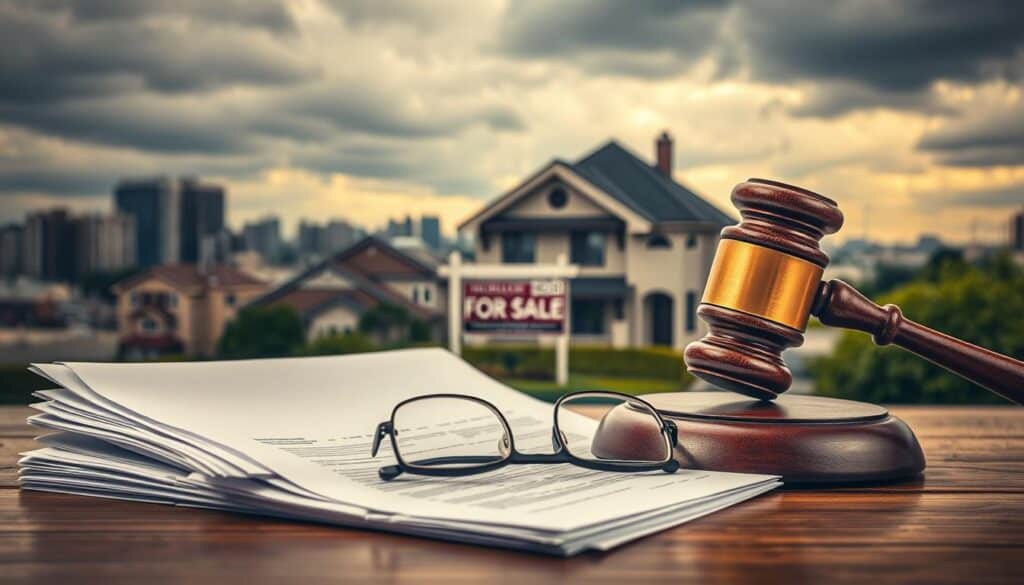
Buying a foreclosed home is complex and can affect your investment a lot. It’s important to know the legal side well, which is key when looking at REO properties.
Some legal things to think about are:
- Title clearance and possible property liens
- Redemption rights of previous homeowners
- Outstanding municipal or tax debts
- Potential legal issues tied to the property
It’s vital to review documents carefully to protect yourself. Important documents you’ll see include:
- Foreclosure notices
- Trustee’s deed
- Property transfer records
- Comprehensive title search reports
It’s wise to work with a real estate attorney who knows about foreclosures. They can guide you through legal issues, check property ownership, and make sure all documents are handled right when buying REO properties.
Understanding legal details can save you thousands in future disputes.
Every state has its own foreclosure laws, so getting professional help is key. Some states need a court to foreclose, while others don’t. This difference can change how you buy and what legal duties you have.
Tips for Negotiating Foreclosure Purchases
Buying a foreclosed home needs smart negotiation skills. It’s different from regular real estate deals. Knowing how to talk to banks can help you get a good price.

Success in buying foreclosed homes depends on several key points. These points can greatly affect your investment. Banks have rules for these properties that smart buyers need to know.
Making Competitive Offers
To make a strong offer, you need to do your homework and plan well. Here are some tips:
- Get pre-approved for a mortgage (increases offer acceptance by 50%)
- Submit offers at end of fiscal quarters when banks are most motivated
- Research comparable sales in the neighborhood
- Be prepared with a strong financial profile
Understanding Bank Response Times
Negotiating with banks can take a while, often 30 to 90 days. Banks have lots of properties, which can help you when making offers.
| Negotiation Factor | Impact on Purchase |
|---|---|
| Property Market Time | Longer listings increase negotiation opportunity |
| Bank Inventory | Large inventories offer more flexibility |
| Offer Timing | Offers made at fiscal period ends are more likely to be accepted |
Dealing with Multiple Bids
When many buyers want the same property, you need to stand out. Being well-prepared and strategically positioned can help you win. Having a real estate agent who knows foreclosure deals can boost your chances by up to 40%.
About 60% of foreclosure deals involve counteroffers. Be flexible, realistic, and patient during negotiations.
Common Pitfalls to Avoid
Investing in distressed real estate can be tempting. But, buyers must face many challenges. Fixer-uppers in foreclosure come with unique risks that can turn a promising deal into a financial disaster.
Key pitfalls to watch out for include:
- Underestimating repair costs for fixer-uppers
- Skipping thorough property inspections
- Overlooking hidden legal complications
- Failing to budget for unexpected expenses
Statistics on foreclosed properties are alarming. Over 30% of foreclosures have significant repair needs. This can lead to costs exceeding 10% of the purchase price. Vacant homes often suffer from neglect, sitting empty for 6 months to a year. This increases the risk of structural damage.
Financial risks in distressed real estate go beyond repair costs. About 70% of foreclosures are sold without seller disclosures. This means buyers must find property issues on their own. Challenges include:
- Existing liens on the property
- Unpaid property taxes
- Potential legal disputes
- Possible tenant eviction costs
Cash buyers dominate the foreclosure market, making up 60% of purchases. This competitive landscape can make it hard for traditional buyers to secure a property. Investors often outbid owner-occupants, with cash offers being 50% more likely to be accepted by banks.
Protect yourself by doing thorough research, setting realistic budgets, and working with experienced real estate professionals. They understand the complexities of foreclosed properties.
Conclusion
Buying a foreclosed home is a smart move for real estate investors and homebuyers. These homes often sell for 10% to 30% less than market value. This can lead to big financial gains. It’s all about knowing how to navigate the foreclosure market with the right research and advice.
Getting into foreclosed homes takes patience and a deep understanding of the market. The benefits are worth it, with foreclosed homes averaging $170,000 in price. At Babcock Ranch Homes, we help buyers turn these challenges into great investments with our expert advice.
To succeed in buying foreclosed homes, you need to do your homework and plan carefully. Knowing the property’s condition, market trends, and financial details can save you a lot of money. With 1 in 200 homes in foreclosure in the U.S., there are plenty of chances for smart buyers.
Want to check out foreclosure deals? Call the experts at Babcock Ranch Homes at 518-569-7173. Our team is here to help you every step of the way. We’ll make sure you’re ready to make the most of foreclosed properties with confidence.

